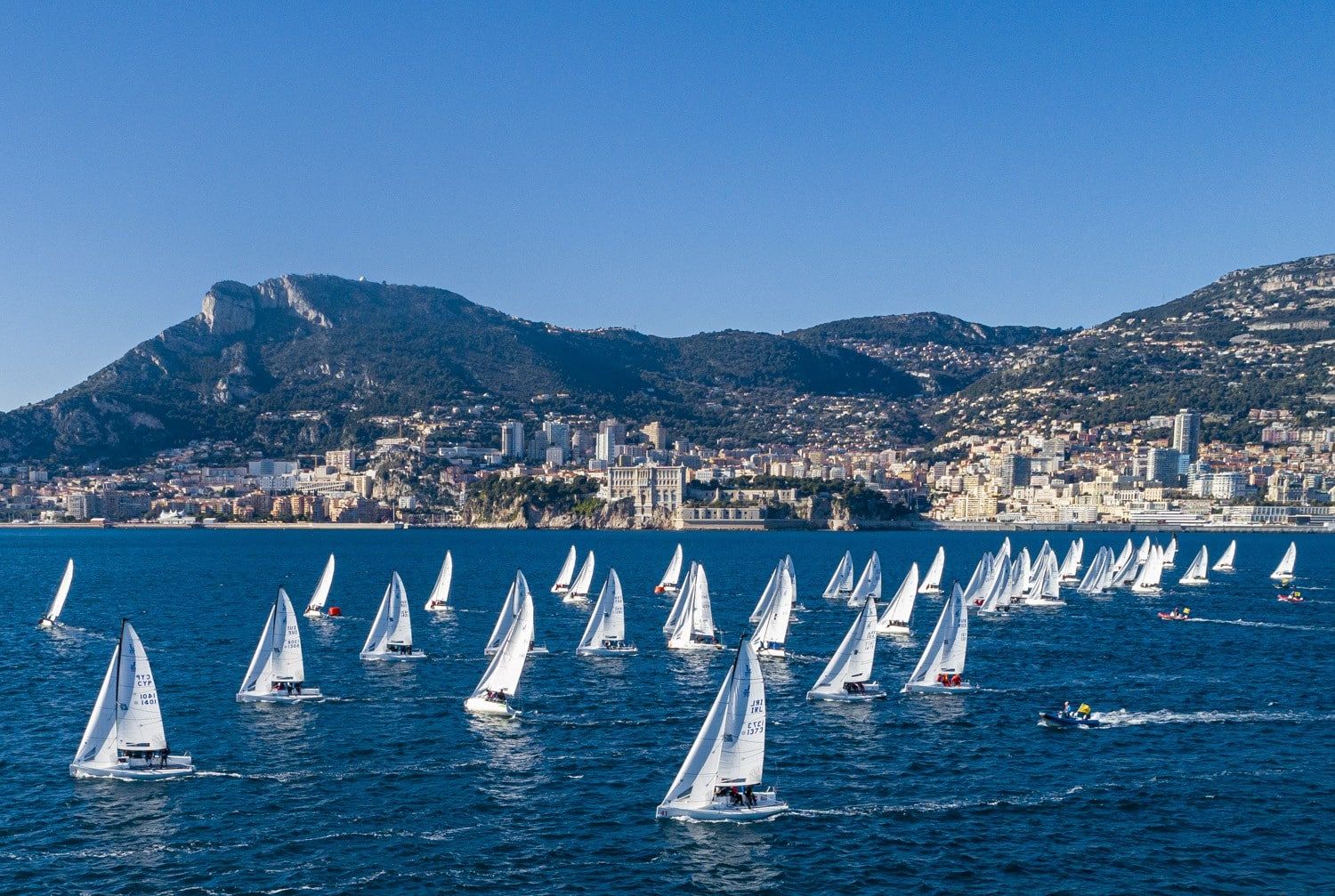The regatta season is fast approaching, and preparation is crucial to maximize your performance on the water. Whether you’re a seasoned competitor or a beginner, thorough preparation can make the difference between a successful regatta and a disappointing season. Here are some expert tips to help you prepare effectively.
Check and Maintain Your Equipment
Comprehensive Boat Inspection and Maintenance
Before the start of the season, a thorough inspection of your boat is essential. Check the condition of the hull, sails, rigging, and safety equipment. Look for cracks, tears, or any wear that could compromise performance or safety.
The rigging, whether standing or running, must be inspected to ensure it’s in good condition. Replace worn ropes and make sure all cleats and pulleys are working correctly. Sails should also be carefully examined. Minor repairs can be done by yourself, but for more significant damage, consult a professional.
Safety Equipment
Ensure all safety equipment is up-to-date and in good condition. This includes life jackets, flares, fire extinguishers, first aid kits, and any other safety equipment required by local regulations or specific regatta rules. Check expiration dates and replace expired items. Flares should be stored in a dry place and easily accessible in case of emergency.
Prepare Your Crew for the Regatta
Training and Practice
 A well-trained crew is essential for a successful regatta. Organize regular training sessions to work on maneuvers, communication, and coordination. Simulate regatta situations to accustom the crew to racing conditions.
A well-trained crew is essential for a successful regatta. Organize regular training sessions to work on maneuvers, communication, and coordination. Simulate regatta situations to accustom the crew to racing conditions.
Assignment of Roles and Responsibilities
Each crew member should know their role and responsibilities. Make sure everyone is clear on what they need to do in each situation, whether it’s tacking, handling the spinnaker, or managing emergency situations. Team cohesion is the key to a successful race! Encourage a positive and collaborative work environment. Organize team-building activities to strengthen bonds between crew members.
Plan Your Regattas
Establish a detailed calendar of the regattas you’ll participate in. This allows you to plan ahead and ensure everything is in order for each event. Note the dates, locations, and specific rules for each regatta. For each regatta, study the planned course and typical weather conditions of the region. Knowing the currents, winds, and tides can give you a strategic advantage.
Use nautical charts and navigation apps to familiarize yourself with the course details.
Ensure logistics are well-planned: boat transportation, crew accommodation, and food and water supplies. Efficient logistics management can reduce stress and allow the crew to focus on the race.
Don’t Neglect Physical and Mental Training
Sailing is a physically demanding sport. Stay in good physical condition by including cardiovascular exercises, strength training, and stretching in your routine. Good physical conditioning can improve your endurance and reduce the risk of injuries.
Mental preparation is just as important as physical preparation. Learn stress management and concentration techniques. Visualization and meditation can be effective tools for improving mental performance.
Adopt a balanced diet and stay properly hydrated. Good nutrition can improve your energy and recovery. Also, remember to bring enough energy snacks and water for each regatta.
Analysis and Continuous Improvement
 After each regatta, organize a debriefing with your crew. Analyze what worked well and what can be improved. Take detailed notes to help you improve in future races.
After each regatta, organize a debriefing with your crew. Analyze what worked well and what can be improved. Take detailed notes to help you improve in future races.
Use GPS tracking devices and regatta analysis software to record your performances. Analyze this data to identify strengths and weaknesses. This can help you refine your strategies and improve your results.
It’s essential to stay informed about the latest trends and innovations in the sailing world. Participating in seminars, reading specialized publications, and exchanging ideas with other racers can offer you new perspectives and improve your preparation.
Preparing for the regatta season is a complex task that requires attention to detail and careful planning. By anticipating and following these recommendations, you’ll be ready to face the challenges of competition and make the most of the moment. Fair winds and good luck for your regatta season!







 Thanks to Arthaud Yachting, access our world of luxury yacht charter for a 100% tailor-made cruise in the French Riviera region or even in the four corners of the world in destinations such as
Thanks to Arthaud Yachting, access our world of luxury yacht charter for a 100% tailor-made cruise in the French Riviera region or even in the four corners of the world in destinations such as 


Leave A Comment